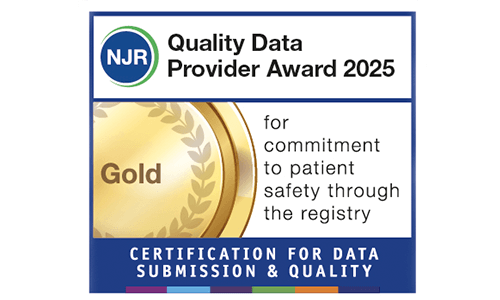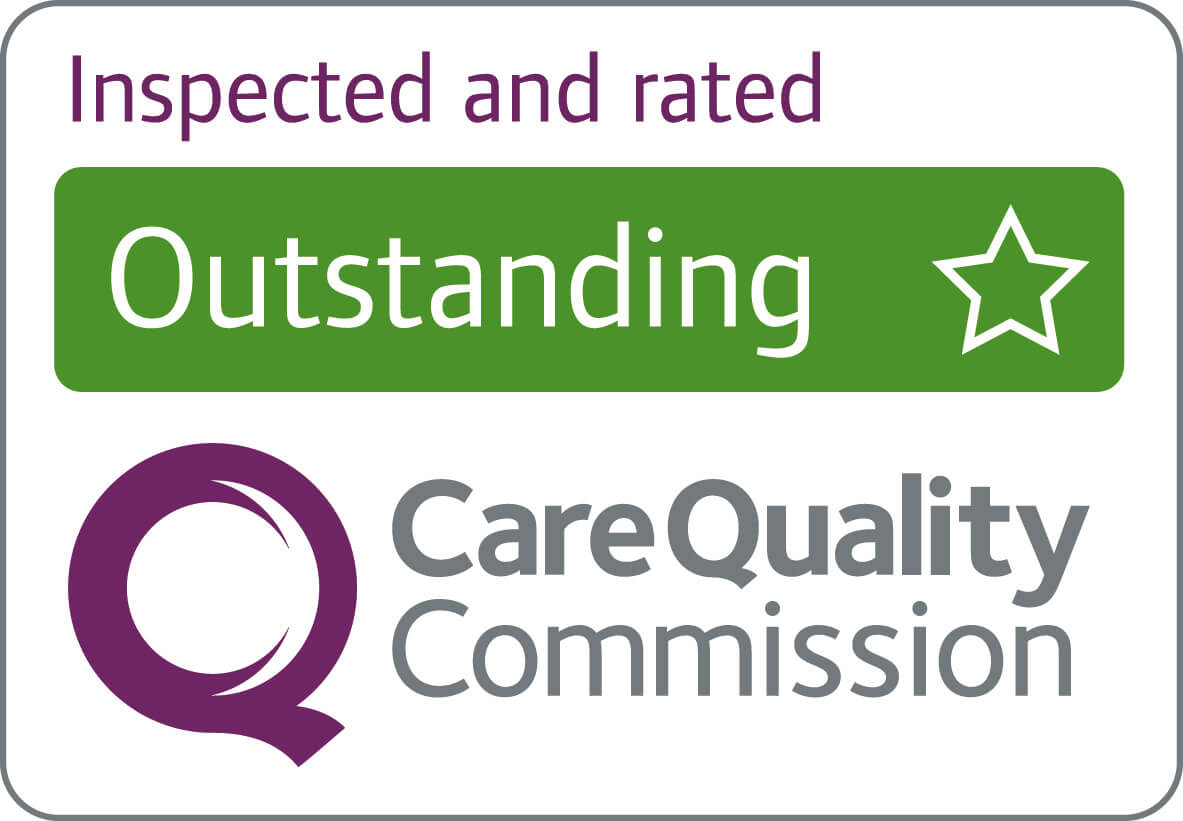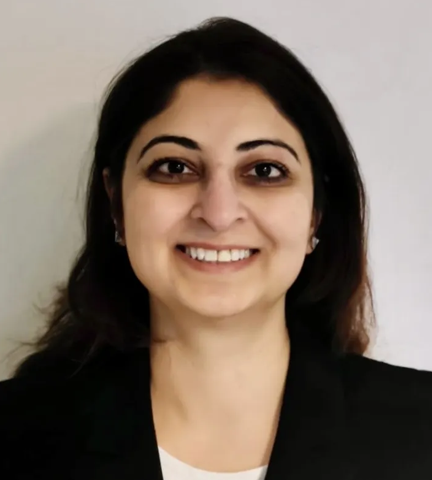Lumbar Discectomy Specialists at Yorkshire Clinic
-
-
Mr Peter Bobak
Orthopaedics
Mr Peter Bobak is a Consultant Orthopaedic Surgeon in West Yorkshire, Bingley, working at the Yorkshire Clinic
View Profile -
Mr David Bowe
Orthopaedics
Mr David Bowe- Consultant Orthopaedic Surgeon in West Yorkshire, Bingley
View Profile -
Mr Christopher Brew
Orthopaedics
Mr Christopher Brew is a Consultant Trauma and Orthopaedic Surgeon who specialises in Hip and Knee Surgery in Yorkshire
View Profile -
Mr James Cruickshank
Orthopaedics
Mr James Cruickshank is a Consultant Trauma & Orthopaedic Surgeon with a specialist interest in knee surgery, working in Yorkshire.
View Profile -
Mr David Dickson
Orthopaedics
Mr David Dickson is a Consultant Hand & Wrist Surgeon in Bingley, West Yorkshire, who specialises in Hand & Wrist Surgery.
View Profile -
Mr Maulik Gandhi
Orthopaedics
Mr Maulik Gandhi is a Consultant Orthopaedic Consultant in Brimingham and Yorkshire who specialises in Shoulder and Elbow Surgery
View Profile -
Mr Richard James Grogan
Orthopaedics
Mr Richard James Grogan is a Consultant Orthopaedic Surgeon in Yorkshire who specialises in hip and knee replacement, arthroscopic knee surgery and hip re-surfacing.
View Profile -
Mr Stephen Guy
Orthopaedics
Mr Stephen Guy is a Consultant Trauma & Orthopaedic Surgeon with a specialist interest in Knee Surgery
View Profile -
Mr James Hahnel
Orthopaedics
Mr James Hahnel, Consultant Orthopaedic Surgeon in Yorkshire who specialises in hip and knee surgery
View Profile -
Mr Gary Hannant
Orthopaedics
Mr Gary Hannant is a Consultant Orthopaedic Surgeon in West Yorkshire, Bingley who specialises Foot and Ankle Surgery
View Profile -
-
Mr Russ Jeffers
Orthopaedics
Mr Russ Jeffers is a Consultant Orthopaedic Surgeon in Yorkshire who specialises in Hand and Wrist surgery
View Profile -
Mr Christopher Mann
Orthopaedics
Mr Christopher Mann is a Consultant Orthopaedic Surgeon who specialises in Foot and Ankle surgery
View Profile -
Mr Ganapathy Perianayagam
Orthopaedics
Mr Ganapathy Perianayagam is a Consultant Orthopaedic Surgeon in Yorkshire, who specialises in Hip and Knee Surgery
View Profile -
Mr Graham Stuart Radcliffe
Orthopaedics
Mr Graham Stuart Radcliffe is a Consultant Orthopaedic Surgeon specialising in knees, working at the Yorkshire Clinic.
View Profile -
Mr Kandasamy Sampathkumar
Orthopaedics
Mr Kandasamy Sampathkumar is a Consultant Orthopaedic Surgeon in Yorkshire, who specialises in Foot and Ankle Surgery
View Profile -
-
Mr Thomas Frederick Taggart
Orthopaedics
Mr Tom Taggart is a Consultant Orthopaedic Surgeon in Bradford, West Yorkshire who specialises in hip and knee surgery.
View Profile -
-
Mr James Tyler
Orthopaedics
Mr James Tyler is a Consultant Orthopaedic Surgeon in Yorkshire with a special interest in planned and trauma surgery of the upper limb.
View Profile -
Mr Phil Wright
Orthopaedics
Mr Phil Wright is a Consultant Orthopaedic Surgeon in Bingley, West Yorkshire who specialises in shoulder and elbow surgery.
View Profile


